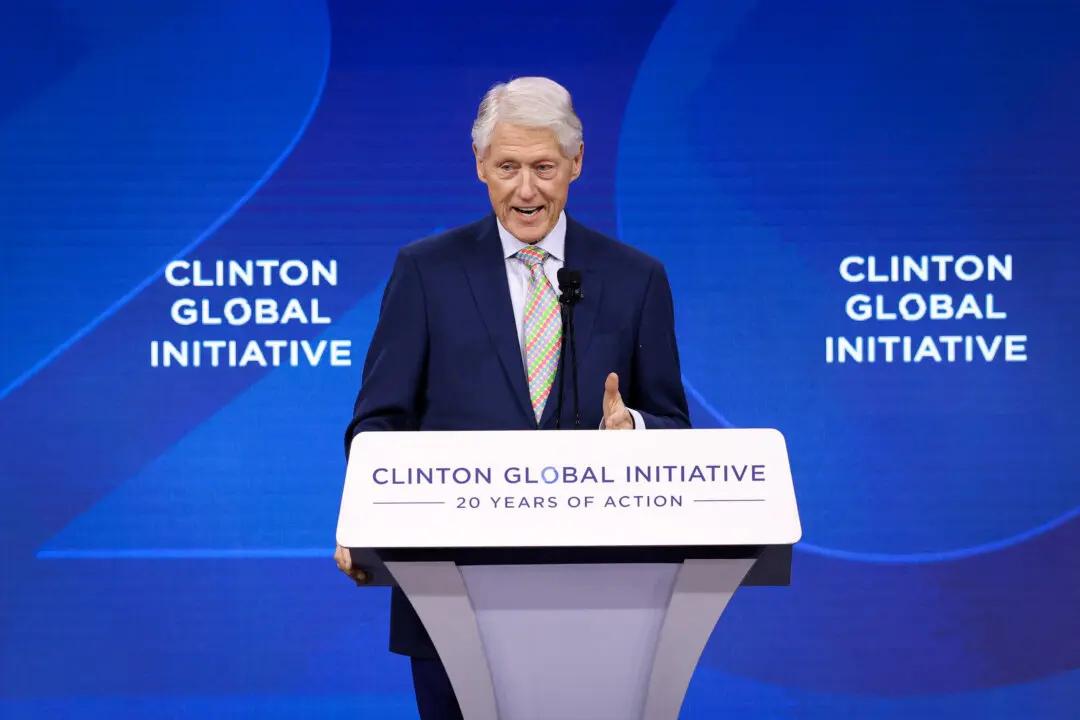The experimental drug remdesivir helped patients with severe COVID-19, according to a new study.
Seventeen of 30 patients on ventilators were removed from the breathing machines and nearly half of the 53 severely ill patients were discharged from hospitals, according to the study, which was published (pdf) in the New England Journal of Medicine. Another seven, or 13 percent, died.





